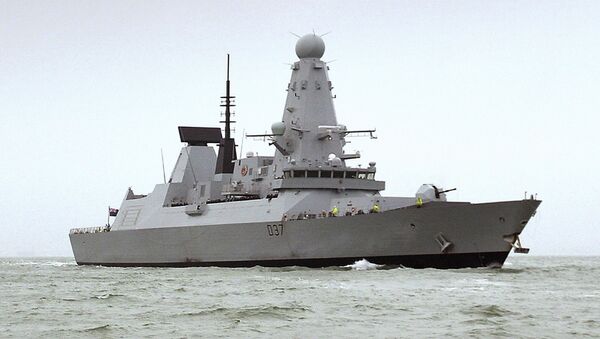Islamic Revolutionary Guard Corps commander Rear Admiral Alireza Tangsiri stated on 18 August that the presence of a foreign navy in the Persian Gulf would not contribute to the region's security, as was suggested earlier by the US. Tangsiri argued that on the contrary, such a military presence only fuels instability and insecurity.
"If the region was set on fire, the foreigners would merely seek to convince regional countries that they need weapons", he said.
The commander also expressed concern at the US and UK sending nuclear-powered vessels to the Gulf, noting that if something were to happen, then the region would suffer greatly, and not just Iran.
"The Persian Gulf […] is an enclosed gulf. If one of these warships or submarines which are powered by nuclear fuel faces a problem, the countries on the Southern rims of the Persian Gulf and our Muslim neighbours, which use desalination systems, will have no water to drink and if an accident happens in the Persian Gulf, they will die of thirst", he said.
Tangsiri further noted that Iran and other Gulf states are perfectly able to maintain security in the region by themselves, without any external help.
Washington and London previously said that they were sending nuclear-powered aircraft carriers and submarines to the Persian Gulf as part of their cooperation within a US-led maritime coalition. The White House announced the initiative under the pretext of protecting shipping lanes in the region following attacks on tankers by unknown forces.
Washington has invited several countries in Europe and Asia to join the coalition, but so far only the UK and Israel have expressed readiness to help. At the same time, Germany, Italy and Sweden have declined the invitation.



